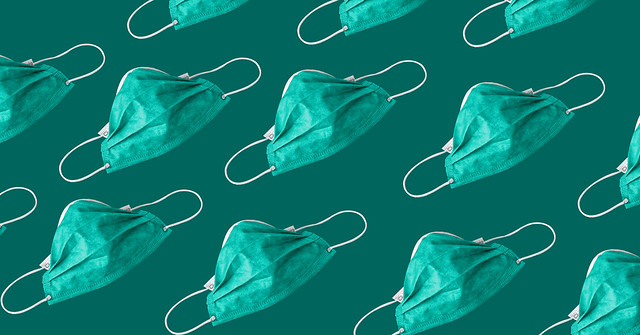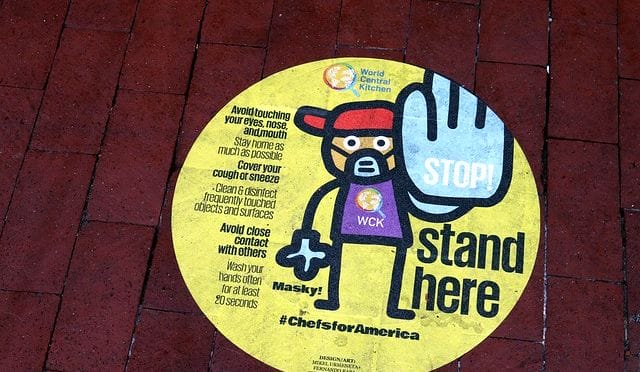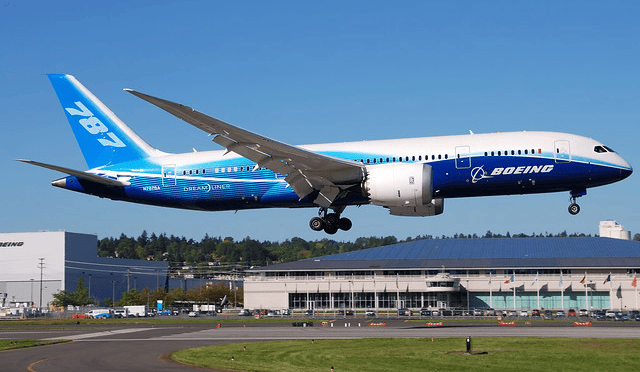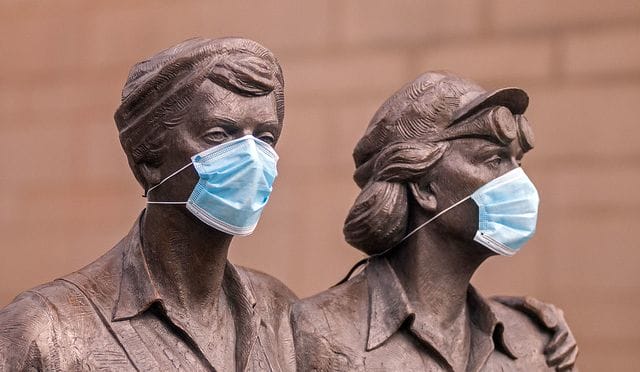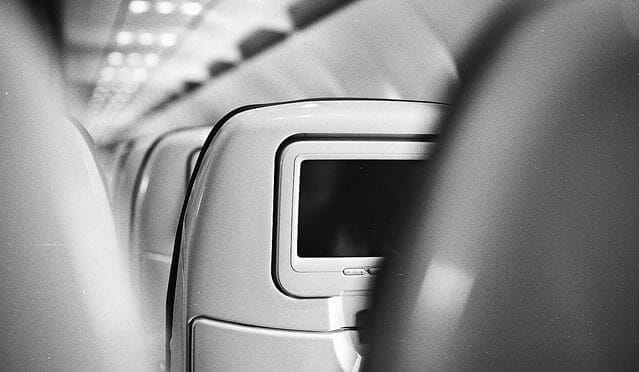COVID-19 Temporary Interpreter Services Payment Policies Extended to June 30, 2021 by the Department of Labor and Industries.
The Department of Labor and Industries (DLI) developed the COVID-19 temporary interpreter services payment policy to ensure meaningful access to interpreter services to support the safety and health of their clients during the pandemic. This policy allows in-person interpreters the option of providing video or telephone interpretation. The original COVID-19 Temporary Policy expiration of July 3, 2020, has been extended until June 30, 2021.
The updated COVID-19 temporary Interpreter Services via Video or Telephone policy is available on the Medical Aid Rules and Fee Schedules Updates and Corrections webpage.
DLI says it is continuously evaluating the effectiveness of these policies to help injured workers heal and return to work. In the event DLI determines it is appropriate to either end or extend these policies, we will send an advanced notice through this messaging service.
Interpreter services are a covered benefit for all injured workers, including self-insured and crime victims, who have an open and allowed claim. DLI will not reimburse interpreters who are family or friends of the worker, or for any legal purposes, such as attorney appointments, legal conferences, depositions, or testimony at the Board of Industrial Insurance Appeals, or any court.
More Information
To find an interpreter, use L&I’s Interpreter Lookup Service.
Questions on the payment policies? Contact DLI at HPPM@lni.wa.gov.
Questions about Interpreter Services? Contact DLI at interpretation@lni.wa.gov.
Questions about your workers’ compensation claim? We are happy to discuss your case with you. We can work with a friend or family member to interpret for you. We also work with certified interpreters and can make a referral, if needed.
